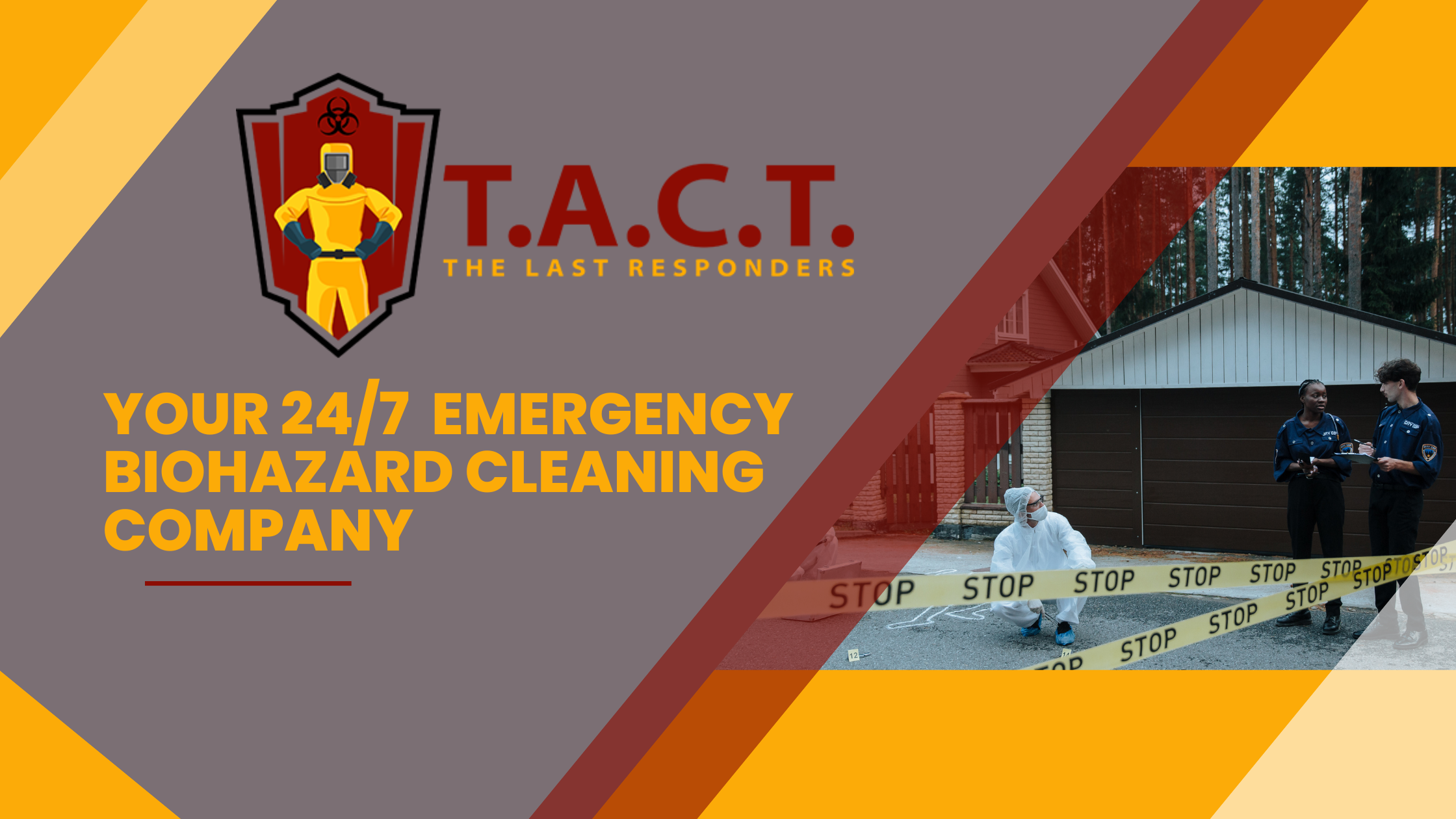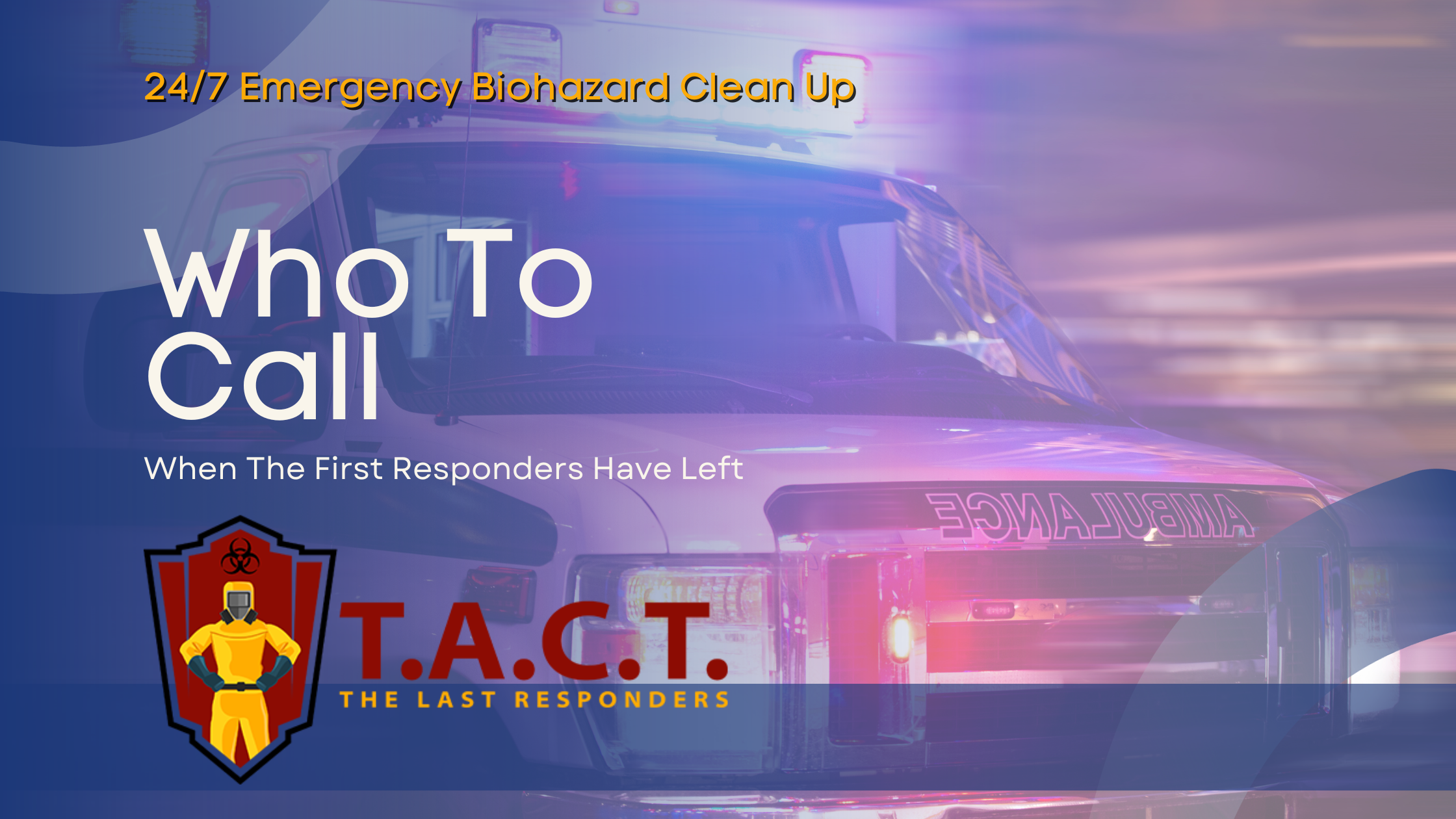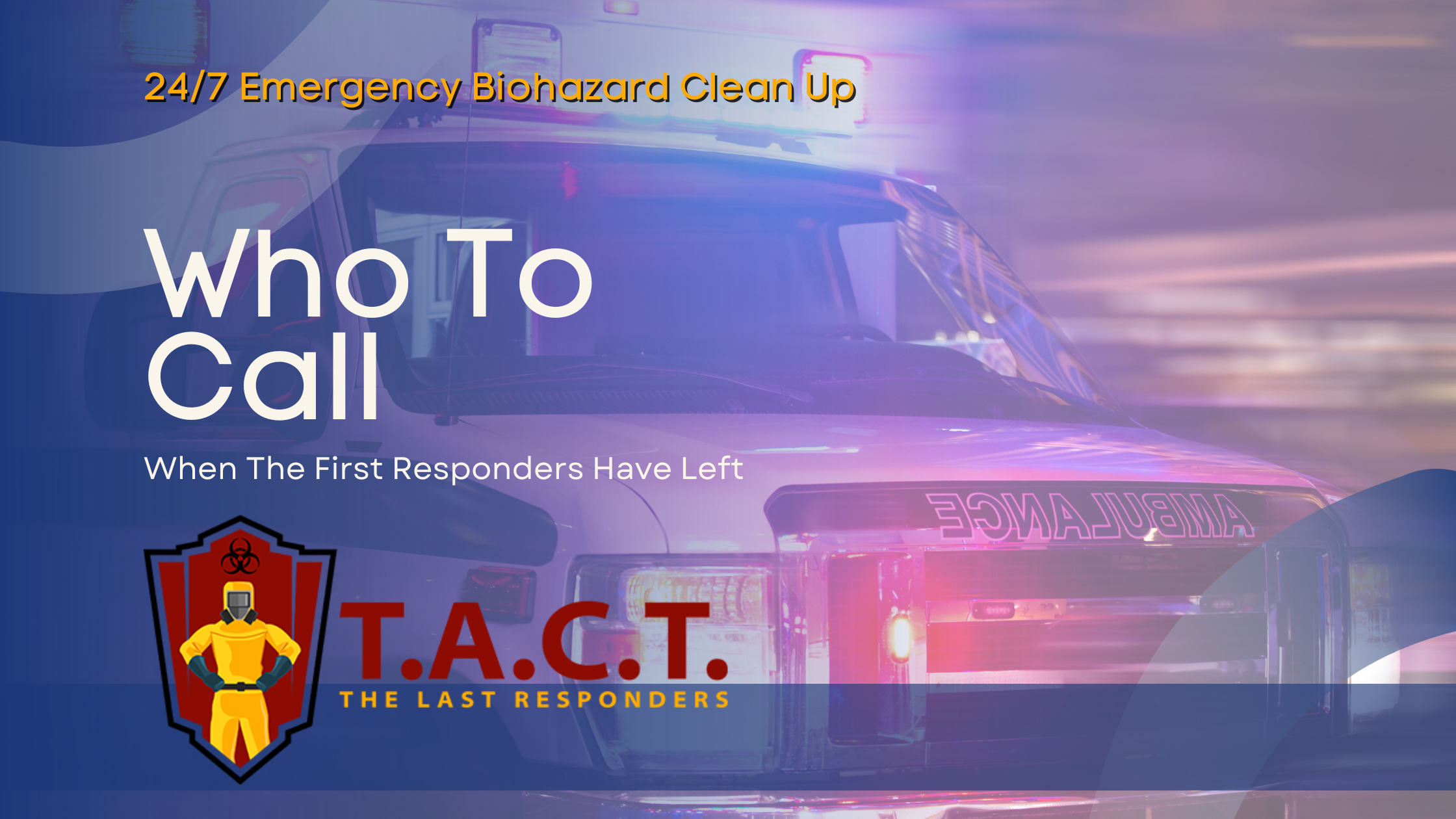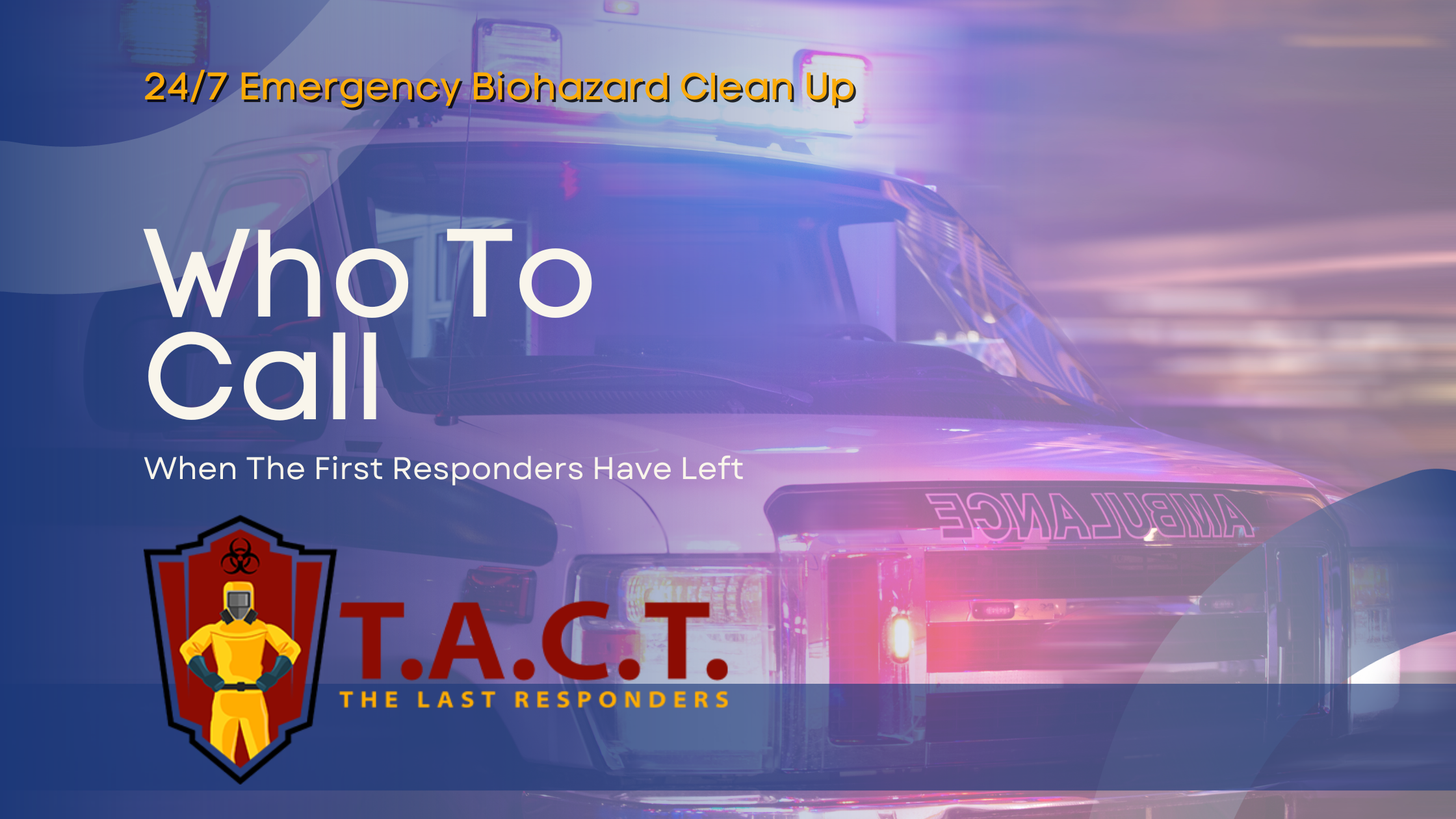Crime Scene cleaning

What You Need to Know About Crime Scene Cleaning and Decontamination
Understanding Crime Scene Cleanup
Crime scene cleanup, also known as biohazard cleaning, refers to the cleanup of blood, bodily fluids, and other potentially infectious materials (OPIM) at crime scenes, as well as other biohazardous situations.
The term “crime scene cleanup” is also referred to as biohazard remediation, forensic cleanup, and trauma cleaning.
Crime scene cleanup is a demanding job that requires professionals to manage a wide range of situations, including homicides, suicides, and industrial accidents.
The profession is growing in popularity due to media exposure and the growth of training programs worldwide.
Crime scene cleanup training is crucial for managing the physical and emotional demands of the job.
The Importance of Professional Crime Scene Cleaners
Crime scene cleaners are always in demand, and this job is a great way to get your foot in the door.
Professionals need to clean up and disinfect the area to ensure there are no signs of the crime left, handling traumatizing situations with sensitivity and care.
Crime scene cleaners must be trained on best practices, the use of personal protective equipment (PPE), and safety risks such as bloodborne pathogen exposure.
The job requires attention to detail, commitment, and flexible availability, as families often require services during odd hours.
Regulatory Requirements for Crime Scene Cleanup
- Most activities performed by biohazard cleanup teams in the United States are regulated or fall under best practice guidelines from governing and advisory bodies such as OSHA, NIOSH, DOT, and EPA.
- The client should confirm that the company is registered with the state Department of Health in California, Florida, and Georgia, as well as having a biohazardous waste transport permit from the DOT.
- OSHA requires limiting exposure to blood-borne pathogens as much as possible due to the assumption that the blood and biological material is infectious.
- The American Bio Recovery Association (ABRA) is the 3rd party credentialing body and membership organization for companies that specialize in crime scene cleanup and biohazard removal.
The Crime Scene Cleanup Process
As a crime scene cleaner, you’ll be handling blood, dead bodies, body parts, and human waste. One of the most challenging situations faced by cleanup professionals is dealing with an unattended death, which can significantly impact the safety and well-being of future occupants if not adequately addressed and remediated. You’ll need to wear personal protective equipment (PPE) and respiratory protection to ensure your safety.
The role often involves heavy physical labor, which is why most companies require you to be able to lift at least 50 pounds with ease. You’ll be cleaning carpets, scrubbing walls, cleaning furniture, and airing out strong smells.
Safety Precautions for Crime Scene Cleanup
- As a crime scene cleaner, you’ll need to wear a Hazmat suit, but your employer may require different or additional equipment.
- You’ll need to go through training to properly use the equipment, and your employer will provide this training.
- You’ll need to be aware of potential hazards such as tear gas, biohazards, and bloodborne pathogens.
- You’ll need to take regular breaks to avoid fatigue and stress.
Choosing a Reputable Crime Scene Cleanup Company
- Look for a company with certified technicians and a proven history of success.
- Check if the company is registered with the state Department of Health and has a biohazardous waste transport permit from the DOT.
- Check online reviews and ask for referrals from law enforcement or public health officials.
- Make sure the company has a clear and transparent process for handling biohazardous materials.
Nationwide Crime Scene Cleanup Services
- Our certified nationwide cleanup teams are available 24/7.
- We offer specialized cleanup services nationwide, including biohazard removal and crime scene cleanup.
- Our teams are equipped to handle the cleanup process with professionalism and compassion.
- We’re available to help you, loved ones, and friends restore normalcy as quickly as possible.
The Emotional Toll of Crime Scene Cleanup
- Seeing dead bodies and other crimes firsthand can be emotionally disturbing.
- You’ll need to control your emotions on the job and not become too attached to the victims.
- It’s recommended that you speak to a therapist regularly to deal with the emotional toll of the job.
- You’ll need to be able to separate your personal feelings from the job and not let it affect your personal life.
Crime Scene Cleanup and Restoration
- Our services include cleaning up after death, crime scenes, and biohazard removal.
- We have compassionate technician crews with more than 25 years of experience nationwide.
- We are available 24 Hours a Day, 7 days a week at 1-844-255-2461.
- Our teams are equipped to handle the cleanup process with professionalism and compassion.
Conclusion
- Crime scene cleanup is a demanding job that requires professionals to manage a wide range of situations.
- It’s essential to choose a reputable crime scene cleanup company with certified technicians and a proven history of success.
- Remember to prioritize your safety and well-being, both physically and emotionally.
- With the right training and equipment, you can make a difference in the lives of those affected by crime.



